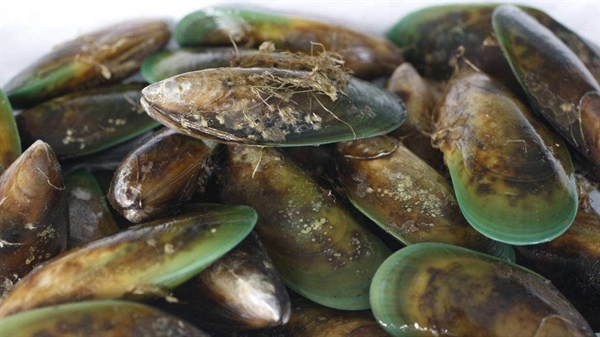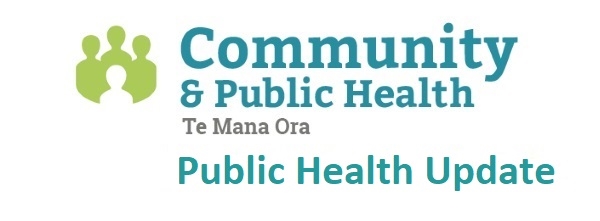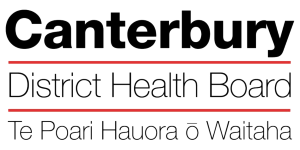COVID-19 “High Index of Suspicion” notifications

With 833 of New Zealand’s 4500 managed isolation and quarantine facility (MIQ) beds in Christchurch, and 44 confirmed cases of COVID-19 in Christchurch MIQ guests so far in 2021, our border remains our greatest risk. Patients who have:
- Had contact with a confirmed or probable case
- Had international travel
- Had direct contact with a person who has travelled overseas (e.g. Customs and Immigration staff, staff at quarantine/isolation facilities)
- Worked on an international aircraft or shipping vessel
- Cleaned at an international airport or maritime port areas/conveniences visited by international arrivals
- Exited a MIQ facility (excluding recovered cases)
who present with symptoms consistent with COVID-19 are considered “high index of suspicion”, and should be offered a COVID-19 test and asked to stay home until their results are available. Other members of their household do not need to stay home unless the patient has had close contact with a confirmed or probable case.
“High index of suspicion” patients should be notified immediately to CPH via ERMS or fax. Please remember to include details of the patient’s exposure risk and their symptoms. Public health staff will telephone all HIS cases to reinforce isolation advice and gather further details, and will check test results once they become available.
Vibrio parahaemolyticus outbreak

South Island public health services, in conjunction with ESR and the Ministry of Primary Industries, are investigating an outbreak of Vibrio parahaemolyticus gastroenteritis associated with the consumption of mussels. MPI have issued a media statement encouraging people to cook raw mussels before eating, and restrictions have been placed on a growing area in Pelorus Sound.
For patients presenting with symptoms of acute gastroenteritis please ask your patient whether or not they have eaten mussels in the four days before the onset of their illness. If they have eaten mussels, please:
- ask the patient for a faecal specimen and
- note on the request form that the case ate mussels and
- request a test for Vibrio parahaemolyticus in addition to usual microscopy and culture
- ask the patient to retain any uncooked mussels or leftovers they may have.
Please notify Community and Public Health via ERMS or fax of any cases of gastrointestinal illness that present to you that may be associated with consumption of mussels. Do not wait until test results are available before notifying us.
Te Hā – Waitaha Smokefree Support

Te Hā – Waitaha Smokefree Support provides:
- free face to face cessation supports
- supports from trained stop smoking practitioners
- phone and text supports.
- information and guidance on stop smoking medicines
- free nicotine replacement therapy (NRT) products.
- information and guidance on other stop smoking devices.
- Pregnancy Incentive Programme – to support pregnant women to have smokefree pregnancies.
Te Hā – Waitaha Smokefree Support is available to anyone living in Christchurch and rural Canterbury wanting support to be smoke-free. Patients can be referred to Te Hā Waitaha via Cortex, ERMS, or fax, or for enquiries phone 0800 425 700.
|




